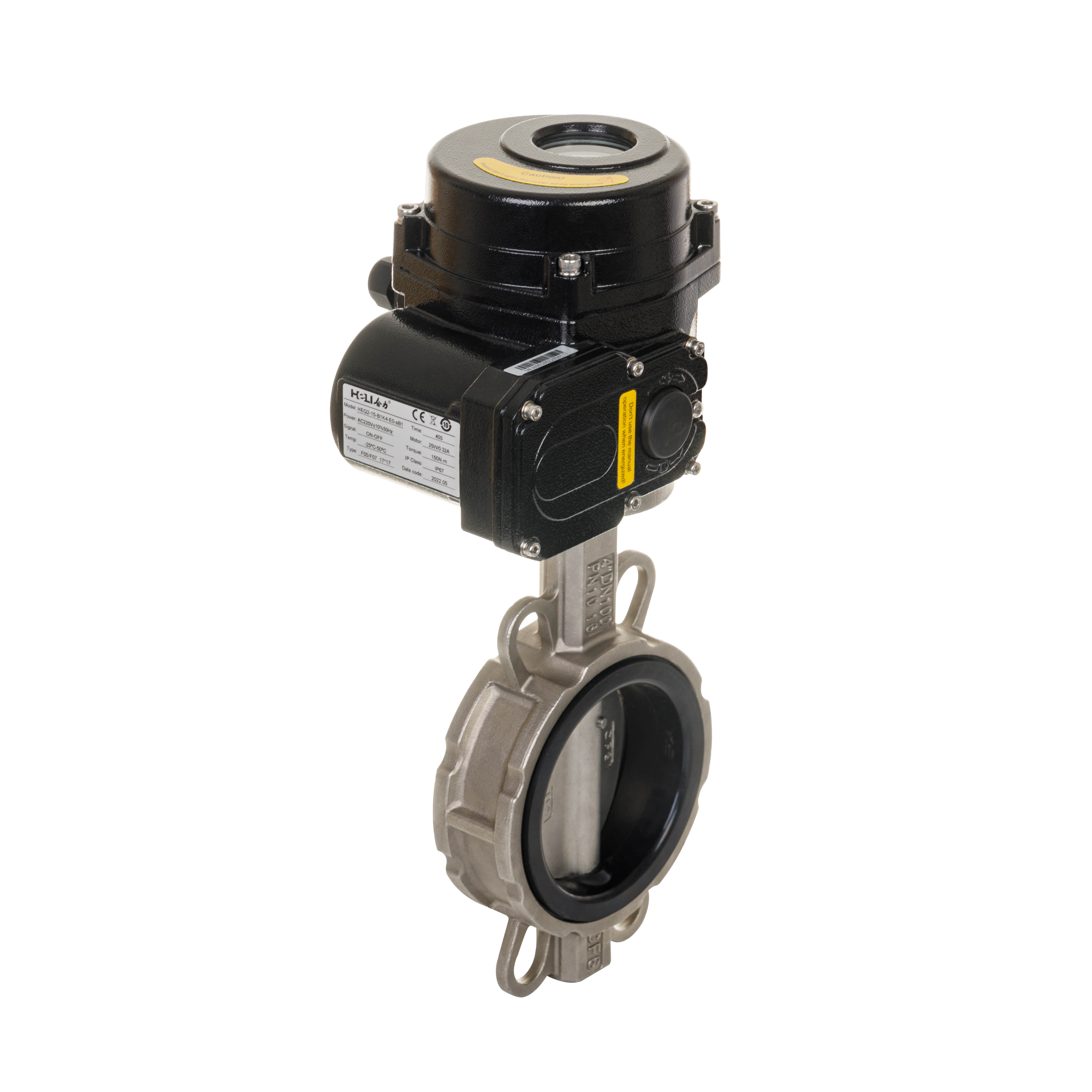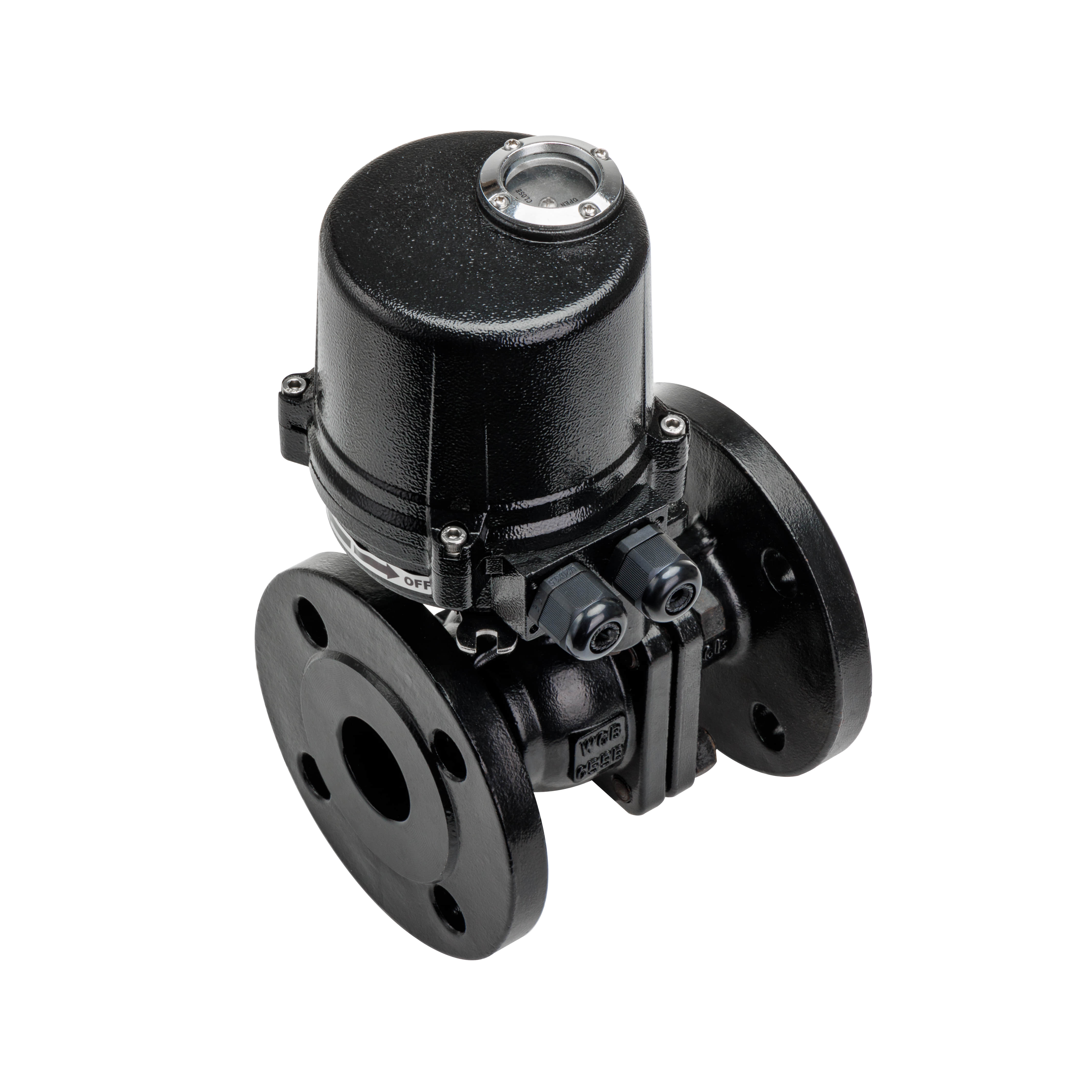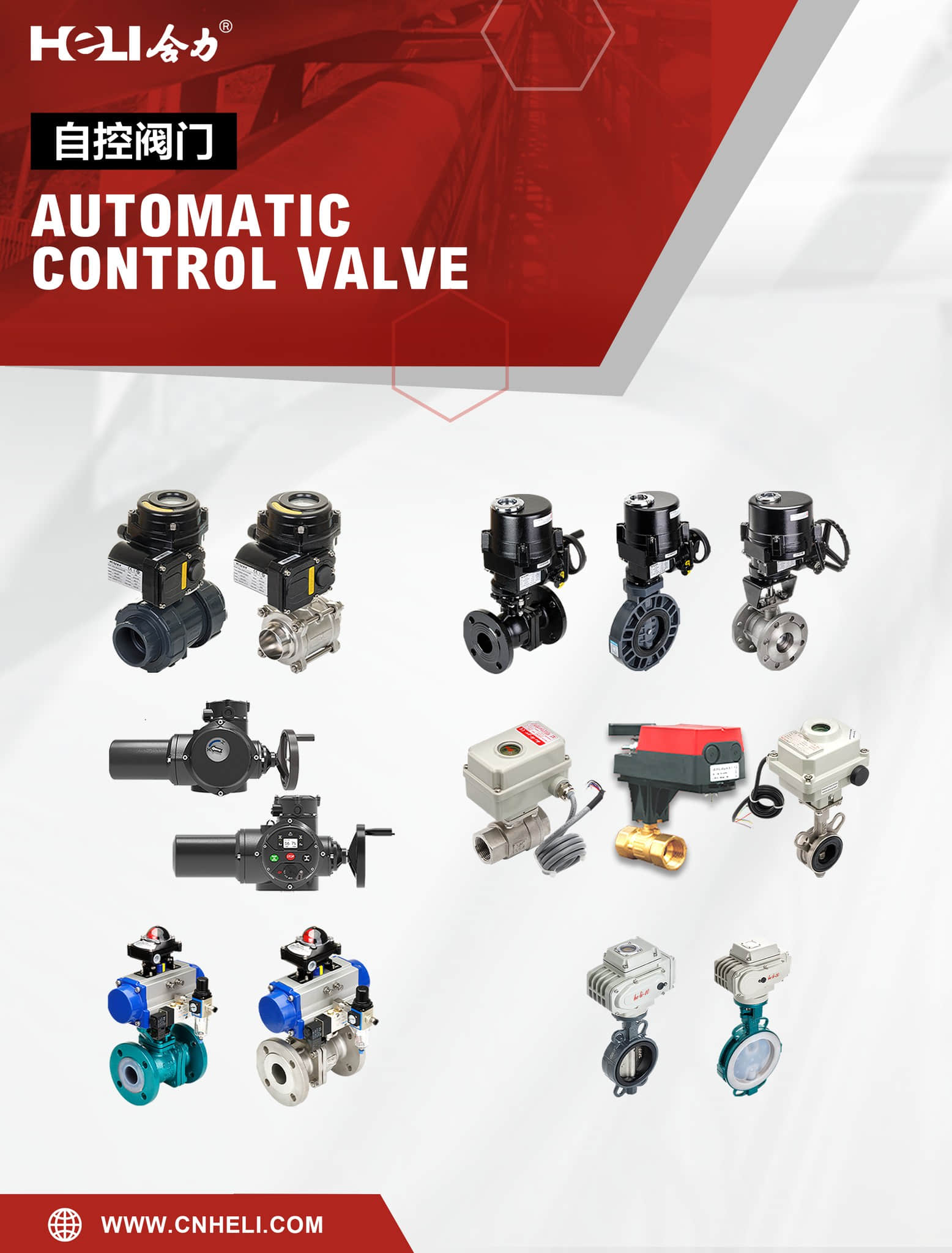understanding electric valves: revolutionizing fluid control systems
Release time:2024-10-15 00:26:14
Electric valves have become an integral part of modern fluid control systems, transforming the way industries manage the flow of liquids and gases. These devices, which combine traditional valve functions with electric actuation, offer precise control, reliability, and efficiency in various applications. This article delves into the fundamentals of electric valves, their advantages, applications, and future prospects.

What is an Electric Valve?

An electric valve is a type of valve that is operated by an electric motor or actuator, allowing for automated control of fluid flow. Unlike manual valves, which require physical intervention to open or close, electric valves can be controlled remotely through electronic signals, making them ideal for applications where quick response times and consistent performance are essential. They come in various designs, including gate, globe, ball, and butterfly valves, and can be used in diverse industries, including water treatment, chemical processing, HVAC systems, and more.



